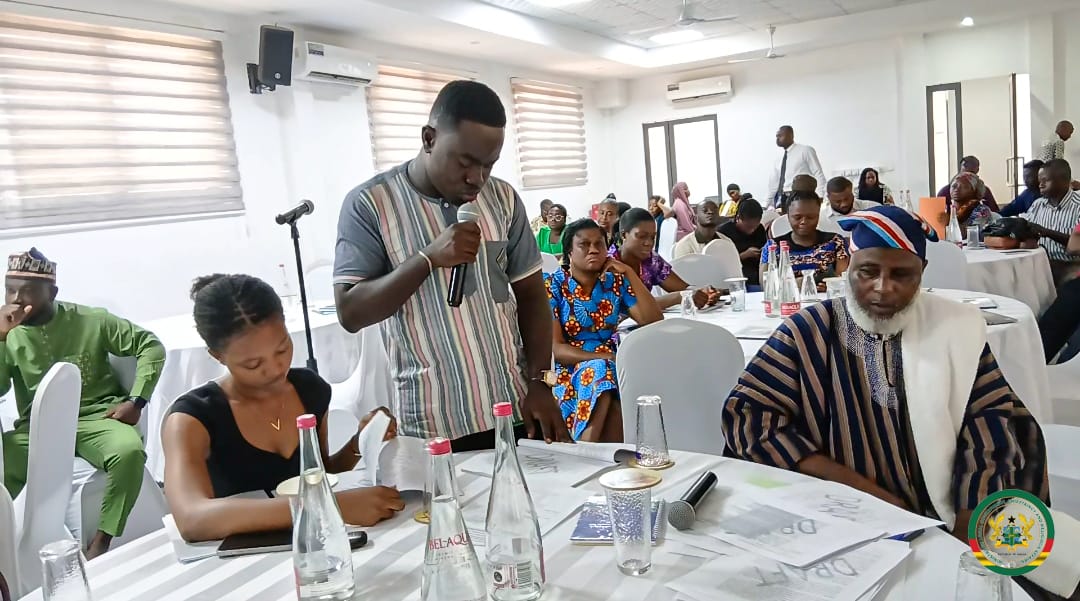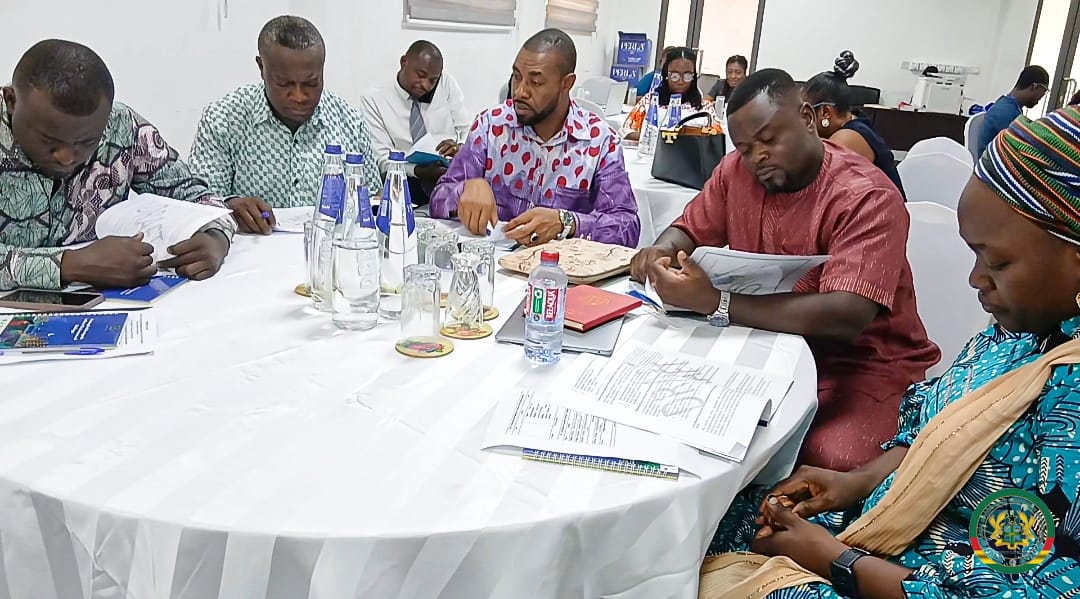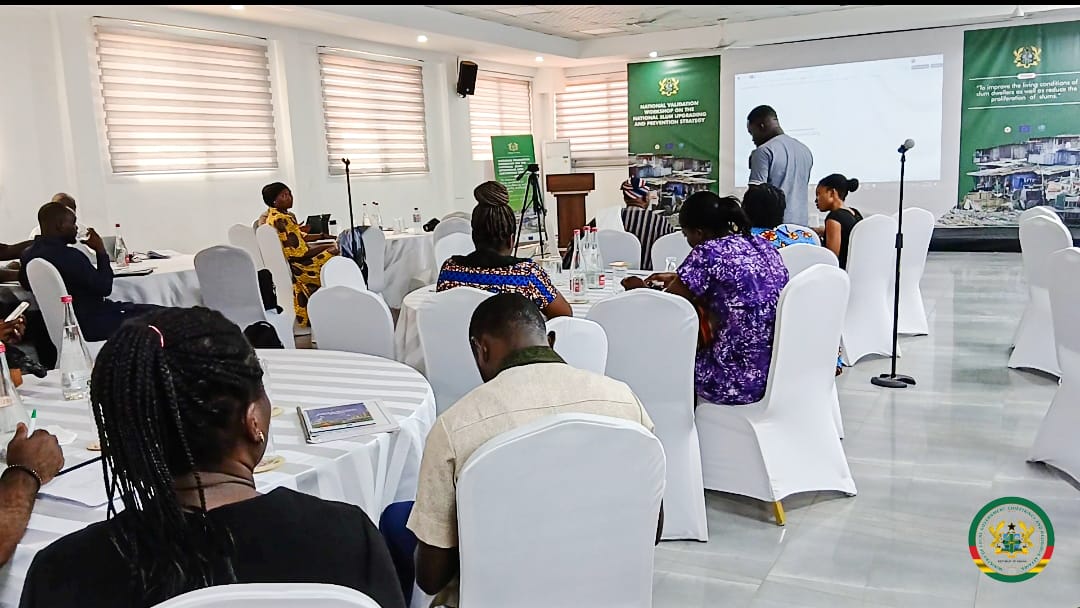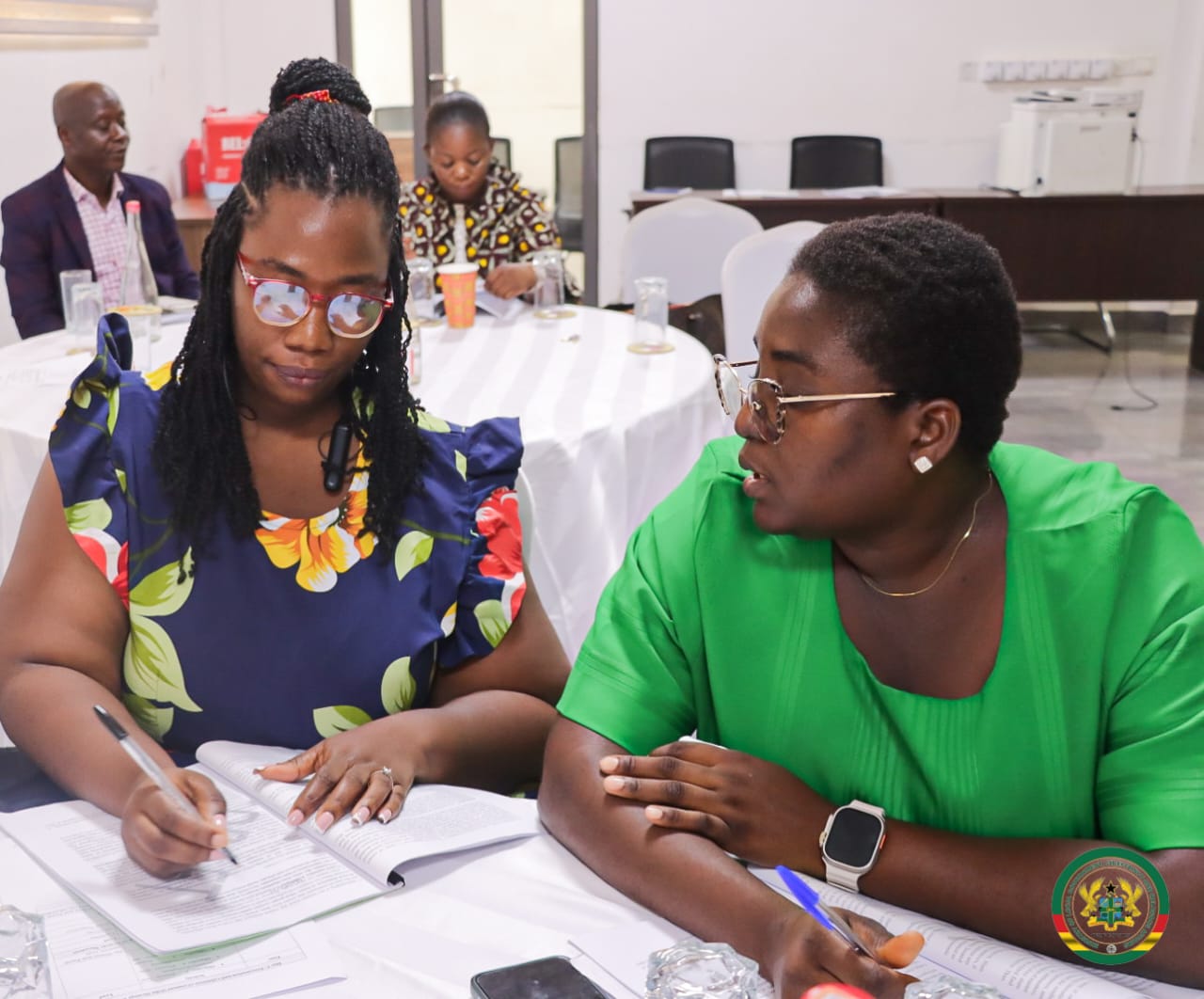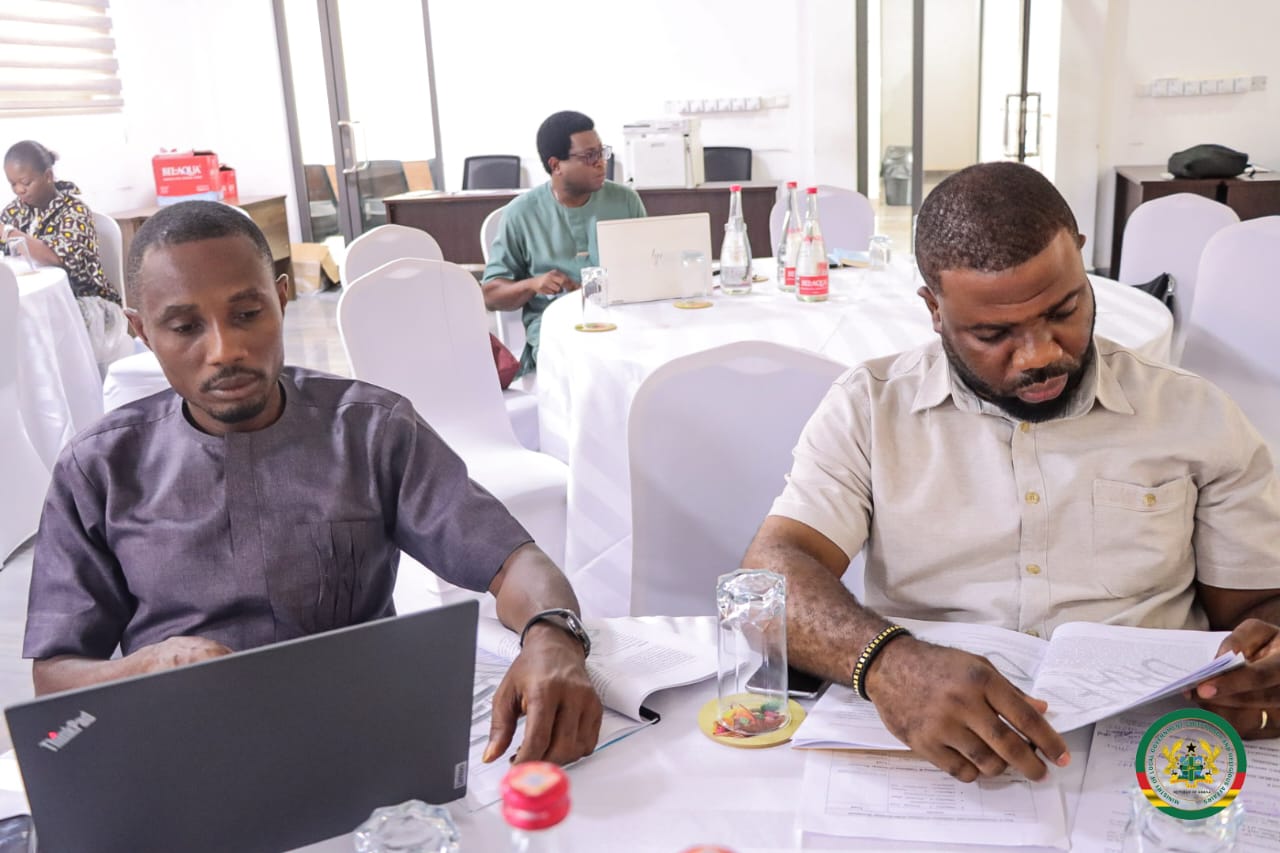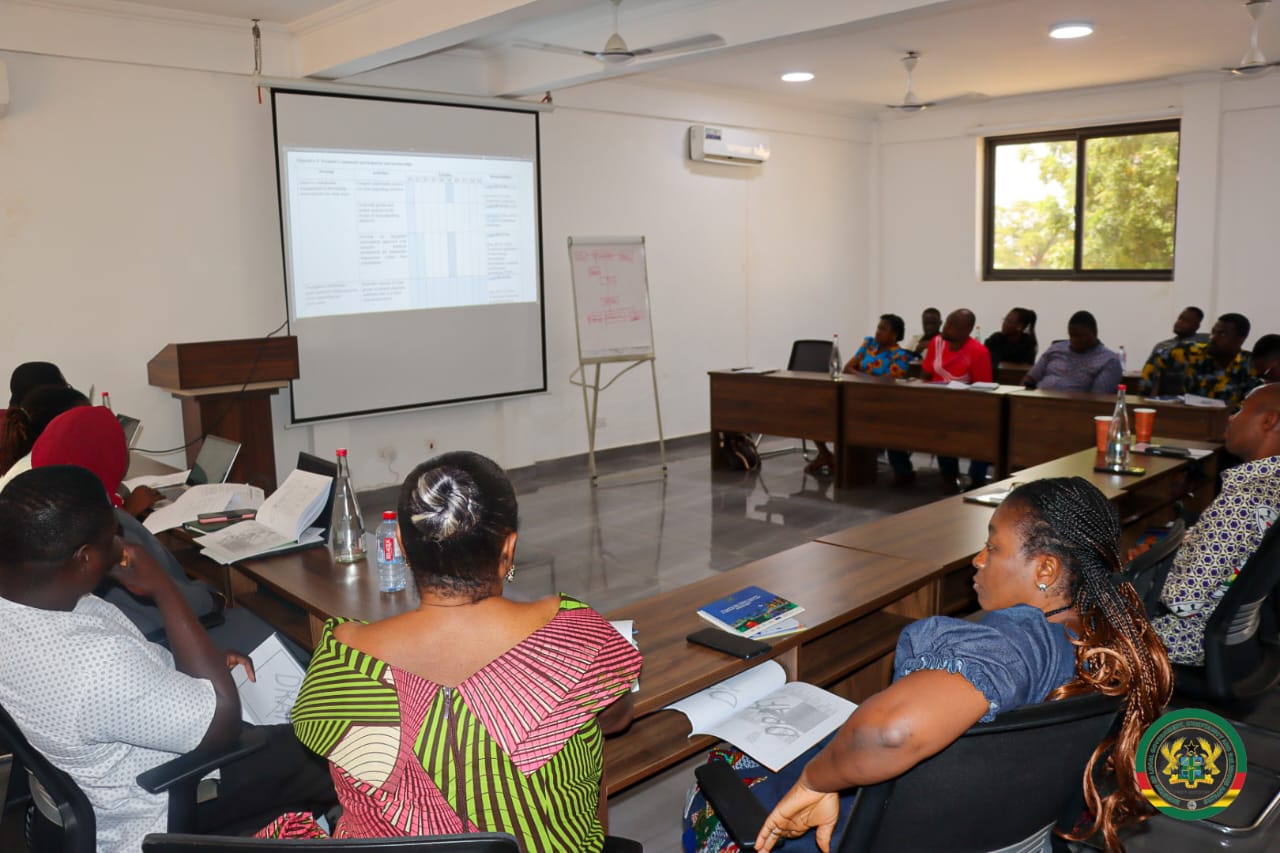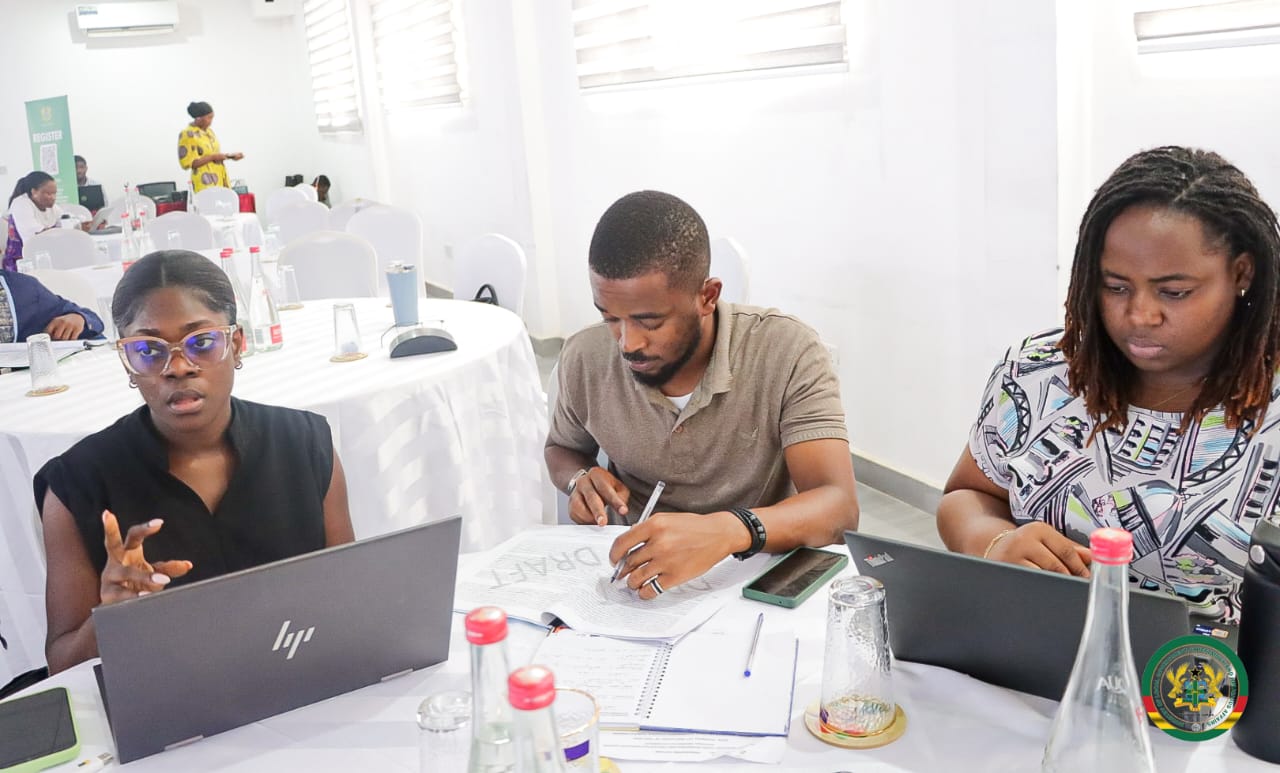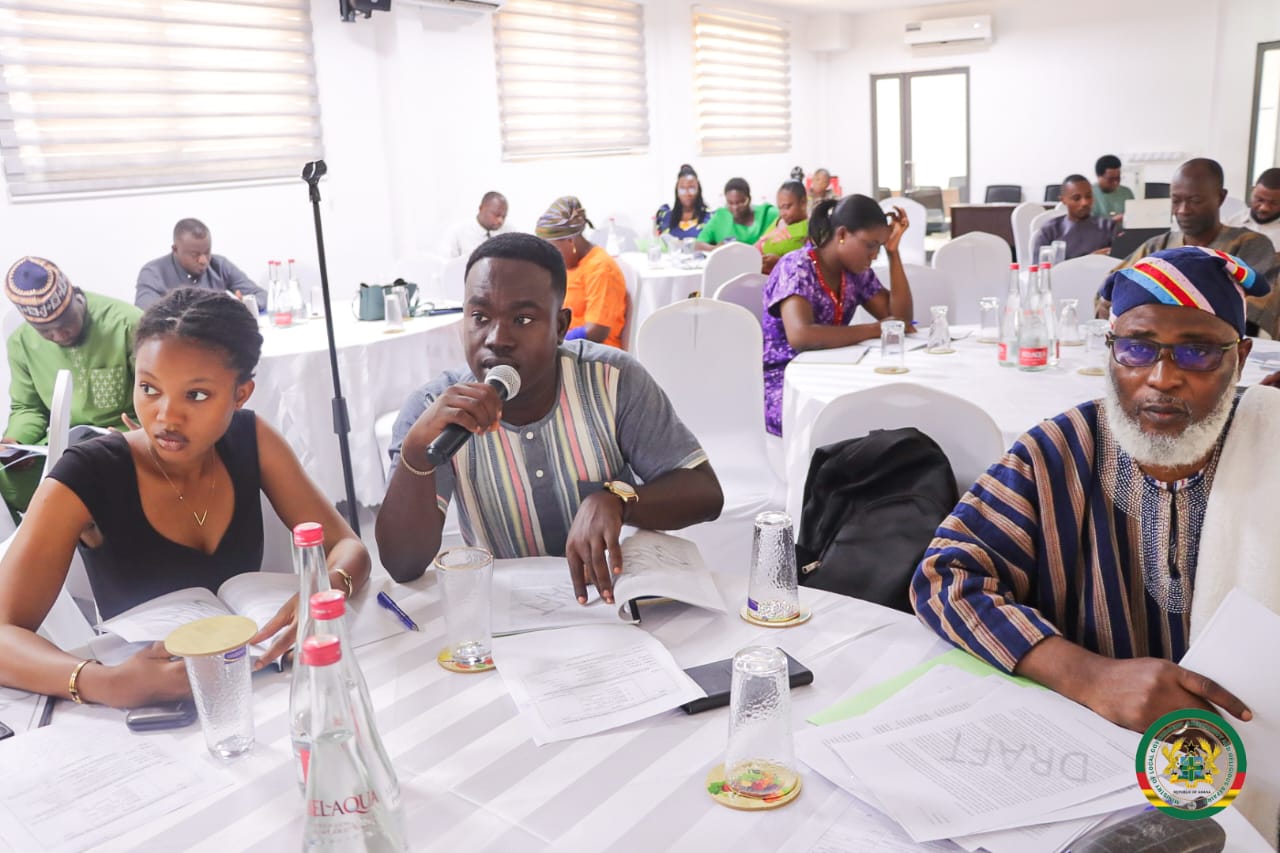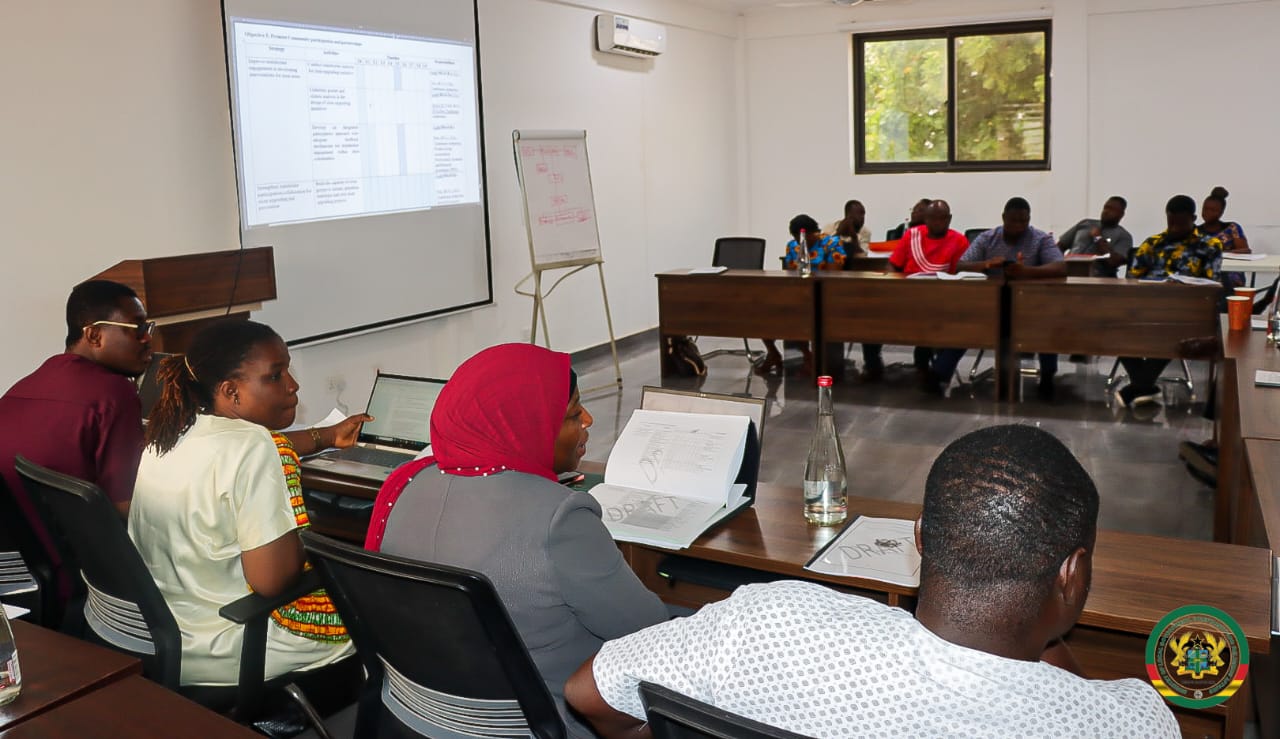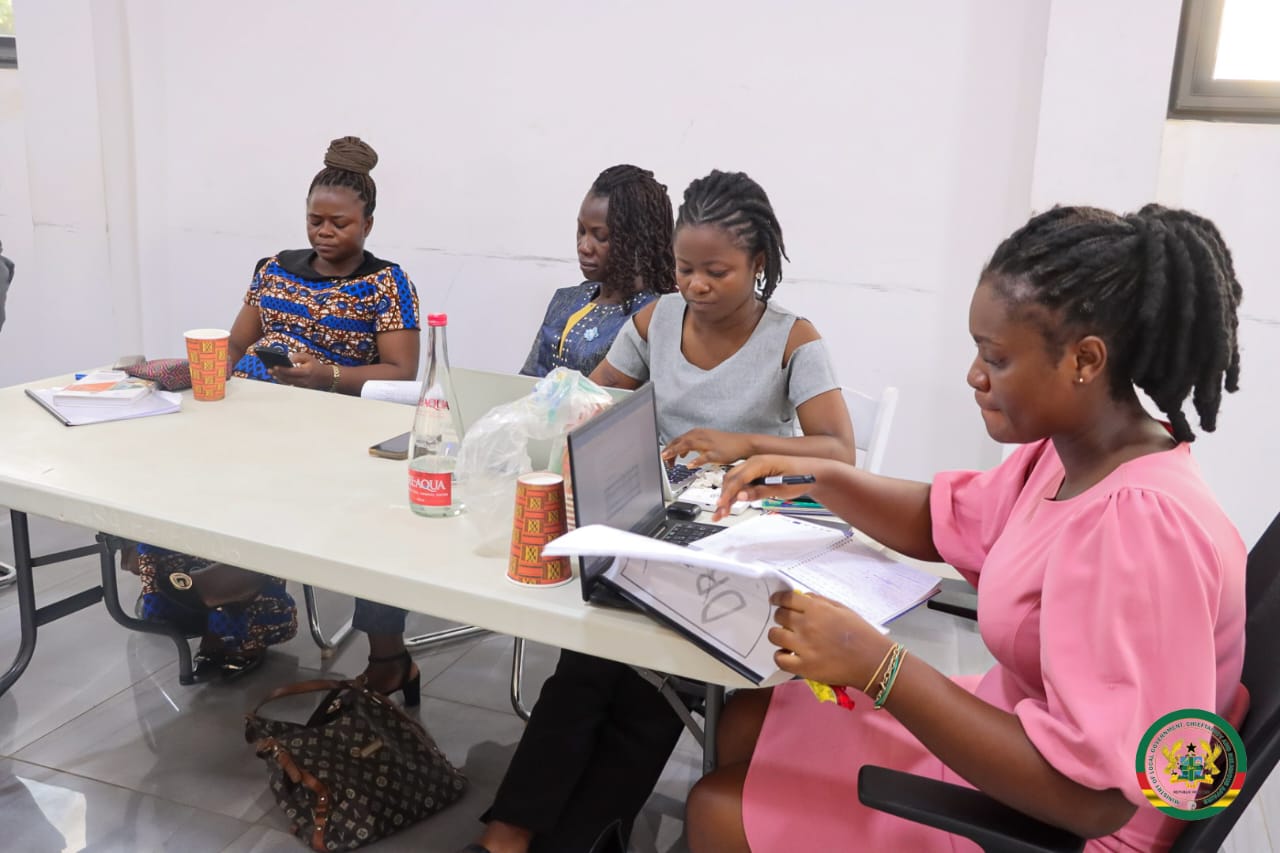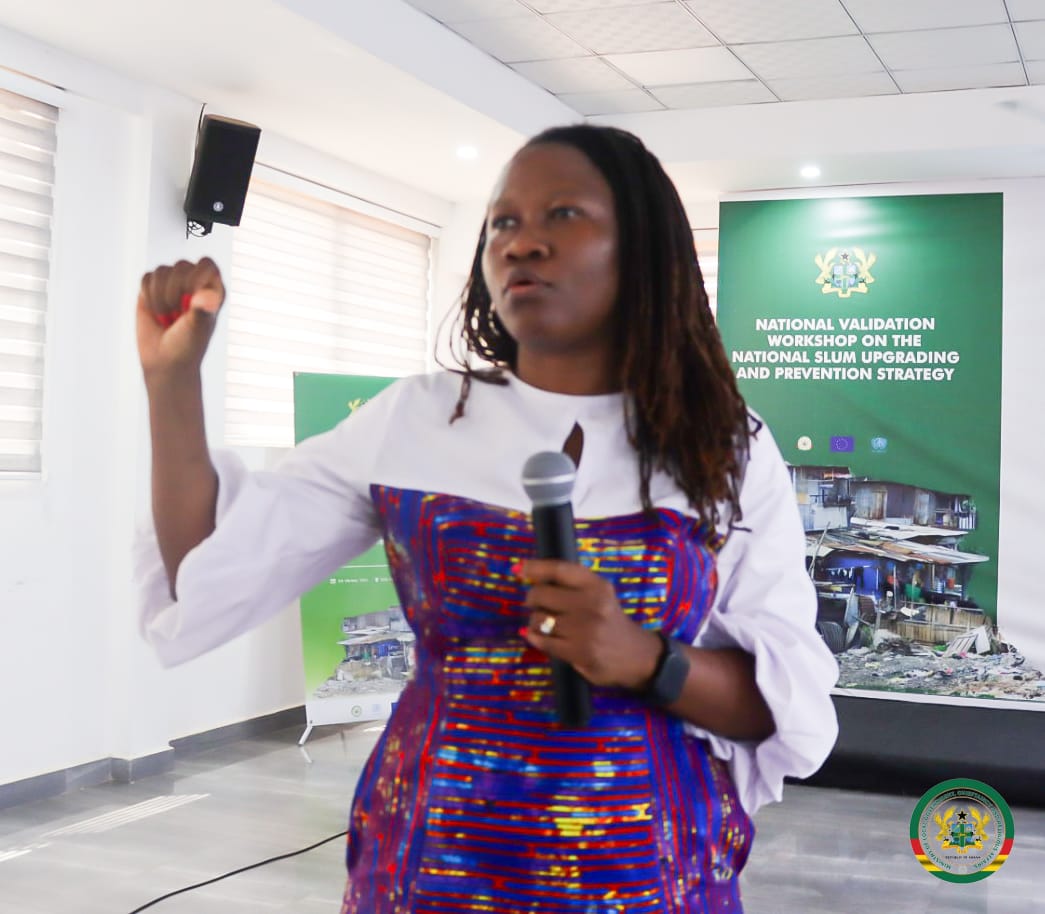The Minister for Local Government, Chieftaincy and Religious Affairs, Hon. Ahmed Ibrahim (MP), has officially opened the International Urban Property Tax Workshop in Accra with a compelling call for reforms to enhance property tax administration as a catalyst for sustainable urban development and local governance transformation.
The high-level workshop, held at the Ange Hill Hotel, East Legon, was convened by the African Cities Research Consortium (ACRC) in partnership with the Local Government Network (LoGNet) and brought together a rich mix of stakeholders including traditional and religious leaders, representatives from Ministries, Departments and Agencies, Metropolitan and Municipal Assemblies, international development partners, and city managers from across Africa and Europe.
In his keynote address, Hon. Ahmed Ibrahim underscored the critical importance of property taxation as a vital instrument for domestic revenue mobilisation under Ghana’s decentralised local government framework. Quoting former UN Secretary-General Kofi Annan, the Minister emphasised that good governance thrives on participation, justice, and transparency, principles that must underpin effective property tax systems.
He bemoaned the persistent systemic challenges that have plagued property taxation in Ghana and other African countries, such as outdated valuation rolls, weak enforcement, fragmented data, limited digitalisation, and low public trust. Hon. Ibrahim however noted that despite these challenges, Ghana remains committed to reversing the trend through robust policy reforms.
“Our Metropolitan, Municipal and District Assemblies (MMDAs) are best positioned to drive development at the grassroots. Property tax must become the lifeblood of local service delivery,” he stated, referencing Section 124(3) of the Local Governance Act, 2016 (Act 936), which affirms rates as a core component of internally generated funds (IGF).
Hon. Ibrahim recounted recent developments surrounding property rate collection, including the Government’s 2023 decision to suspend centralised collection under the Ghana Revenue Authority and revert the mandate to the MMDAs to ensure fiscal fairness and efficiency. He described the move as a bold step aligned with the government’s Resetting Agenda, which envisions the abolition of centralised collections, technical support to MMDAs, and the promotion of municipal bonds and public-private partnerships.
He also advocated stronger inter-agency collaboration, particularly with the Land Valuation Division of the Lands Commission, to address the high cost of property valuations at the local level. “This workshop is not just about ideas; it must trigger action, innovation and collective ownership,” he urged.
The Minister commended the ACRC for its continued partnership with the Ministry, especially the recent launch of the Accra City Foundation Report, which spotlighted interlinked structural challenges in housing, land, informal settlements and urban connectivity; key domains that underpin property taxation.
Participants were encouraged to share best practices from successful cities like Kigali, Nairobi, and Lagos where digitisation and citizen engagement have yielded results in property tax reforms. Hon. Ibrahim stressed the need to explore similar digital solutions, policy frameworks and local capacity building approaches to improve compliance and service delivery in Ghana.
The workshop is expected to conclude with a set of key recommendations and action points that will feed into ongoing policy discussions and guide the design of inclusive and sustainable property tax systems across urban Ghana.
In closing, the Minister reiterated the Ministry’s unwavering commitment to driving local government reforms, strengthening fiscal decentralisation, and enabling city authorities to become financially self-reliant through innovative tax strategies.
“Let this not be a one-off. Let it be a springboard. Let us return to our institutions with renewed clarity and concrete next steps,” he concluded.
Source: Darling Maame Efua Cann
(Public Relations Unit MLGCRA)

